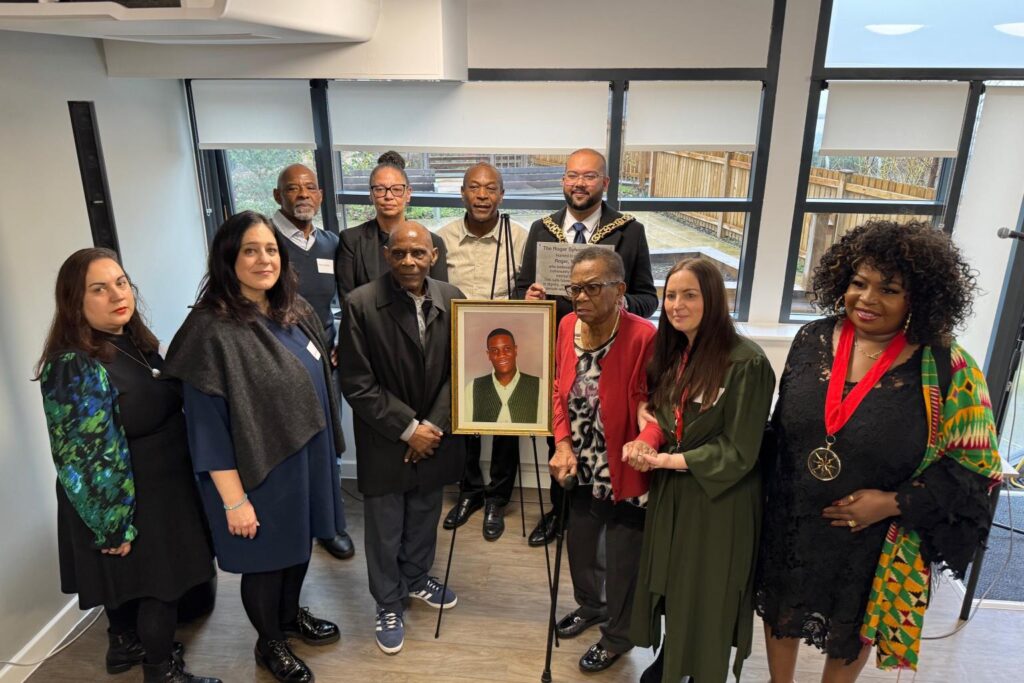Health experts have called for a greater focus on care for older women and improved support services for people experiencing pregnancy loss to help shape the government’s first-ever Women’s Health Strategy for England.
A total of 436 organisations and experts in women’s health – including from the charity sector, academia, professional bodies, clinicians and royal colleges – responded to a call for evidence to inform the government’s approach to tackling gender health inequality.
In their submissions, published today, they called for a greater focus on the health needs of older women who can experience the same conditions as men in different ways, suggested improvements in training on menopause for healthcare professionals and highlighted the disparity in the provision of pregnancy loss support services.
The insight is in addition to nearly 100,000 responses from individuals, which together will inform the upcoming Women’s Health Strategy to create a healthcare system that prioritises care on the basis of clinical need, not gender. The strategy is due to be published later this year.
Minister for Women’s Health Maria Caulfield said: ‘For generations, women have lived in a healthcare system primarily designed by men, for men. We are committed to tackling the gender health gap, and the publication of our strategy later this year will mark a significant step forward.
‘I want to thank the expert individuals and organisations who took the time to respond to our call for evidence. The insights you have provided have been stark and sobering, but will be pivotal to ensuring our strategy represents the first hand experiences of the health care system.’
Topics highlighted were:
- Menstrual health and gynaecological conditions, including the impact of premenstrual syndrome (PMS) on someone’s quality of life.
- Fertility, pregnancy, pregnancy loss and maternal health, including women not feeling listened to during and after pregnancy and the provision of bereavement support services.
- Menopause, including suggestions for improvements in training and guidelines for healthcare professionals.
- Gynaecological and other cancers, including barriers to accessing high-quality, up to date information on risk factors for female cancers.
- Mental health, including its interaction with other health conditions across women’s life course.
- Healthy ageing, including the need to increase focus on the health needs of older women and emphasise women may experience the same conditions as men in different ways.
- Violence against women and girls, including the complications associated with hymenoplasty and barriers to accessing healthcare support for those who’ve been subject to years of violence and abuse
Photo by Vonecia Carswell

















Leave a Reply